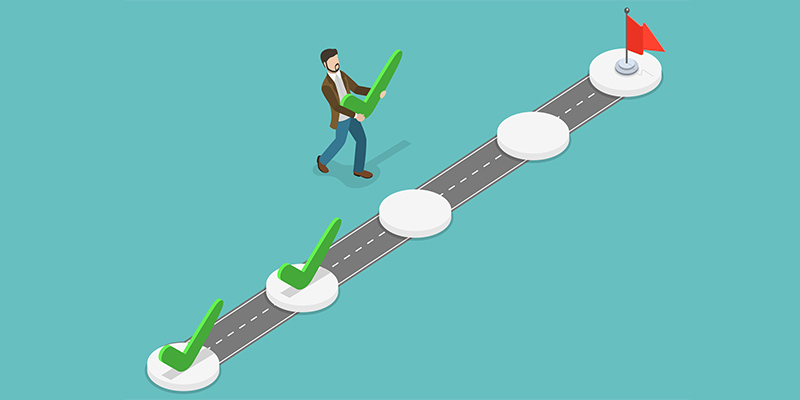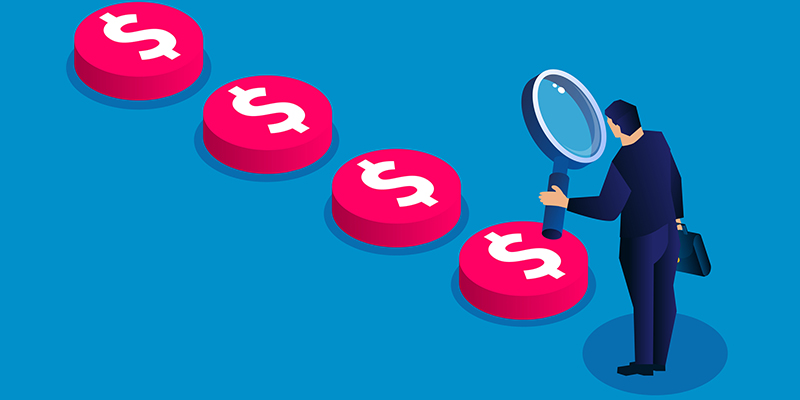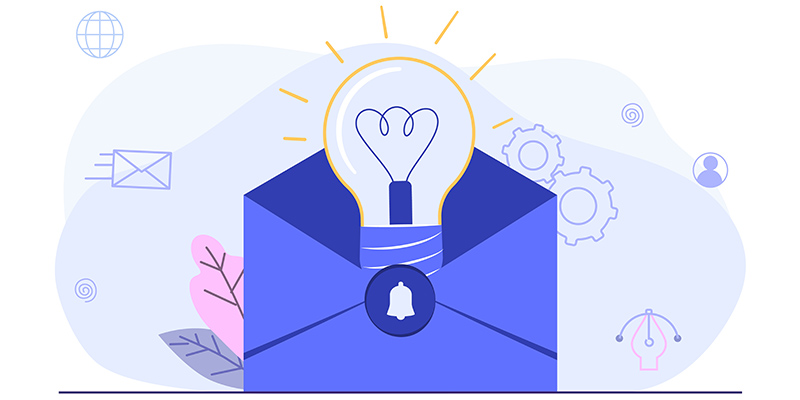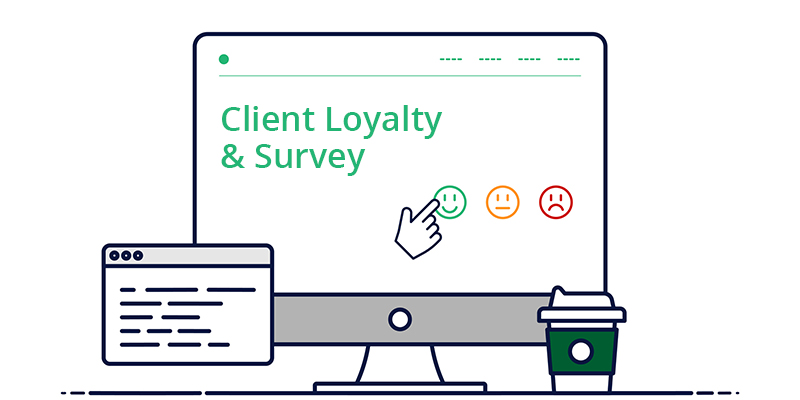Businesses often tout that they are "customer-focused" but in fact, they may only be focusing on what they assume the customer wants. Unless they're really taking the pulse of those they serve, through surveys and communication, the business may be more internally focused than keeping clients happy. Can business leaders help change the focus?
There are numerous red flags that could signal a late payment from your clients. Red flags, however, could be easily ignored. Green flags, on the other hand, provide a sense of safety and trust. The more green flags, the more you know that your business is working with the right clients - those who respect your time and value your partnership - and that you're doing A/R right.
Here are five green flags that reveal your client will pay on time.
It can seem daunting to imagine reconnecting with clients after 2 years of a pandemic. Or perhaps you're thrilled and ready to get back to those in-person meetings. If you've been working remotely, it's time to try on those old business clothes and get on your client's calendar again.
Here's what you can expect when reconnecting with clients in person.
A solid cash flow is essential to the success of any growing business. Good relationships with your business partners are just as important. Supply chains involve several businesses along a network to provide an end product to a customer. If any payments are delayed along the way, it can cause tension within the relationships and challenges with the manufacturing process.
One way to mitigate these challenges is through supply chain financing. What is it, and how does it help business relationships?
Unfortunately, many of us learn from hard lessons about money in adulthood. When you run a business, there are more hard lessons to learn, often at a high cost to your success. Certain expectations can actually be harmful to your business's cash flow. Take a look at these assumptions to see if you need to re-examine your thoughts around money and your business.
Here are 4 money myths that might explain why you're not getting paid.
Depending on the type of customer or client, debt collections can look drastically different. Either can still be frustrating but one type of debt could actually be harmful to the overall business. Consumer-facing business, for instance, is more transactional. Businesses working together, exchanging goods or services, is likely part of a long-term relationship.
Here are three ways business debt collections and consumer debt collections are different.
If there's any solid business advice I could offer to anyone, it would be this: Always follow up.
For many reasons, a follow-up email or phone call is essential in achieving results. Often, however, some people don't feel comfortable reaching out again after a meeting, discussion or event. They're worried their ask is a chore or they're being too pushy. In fact, a friendly follow-up may just be what's required to seal the deal.
In business, how important is a follow-up?
When your business needs to make a call to get invoices paid, make sure your accounts receivable and collections specialists are using the right language and abilities. Successful calls are handled by skilled collections specialists with the qualities of persistence, confidence, great listening skills, and training. When emails aren't bringing those late payments current, these call script examples may help.
Call Scripts for Successful A/R and Collections Specialists.
The National Oceanic and Atmospheric Administration (NOAA) predicts an above-normal hurricane season. Unfortunately, we've already witnessed the power of Hurricane Ida across the country with much of its impact still to be determined. Just as we've discovered with the COVID-19 pandemic, asking for money during this time seems precarious.













